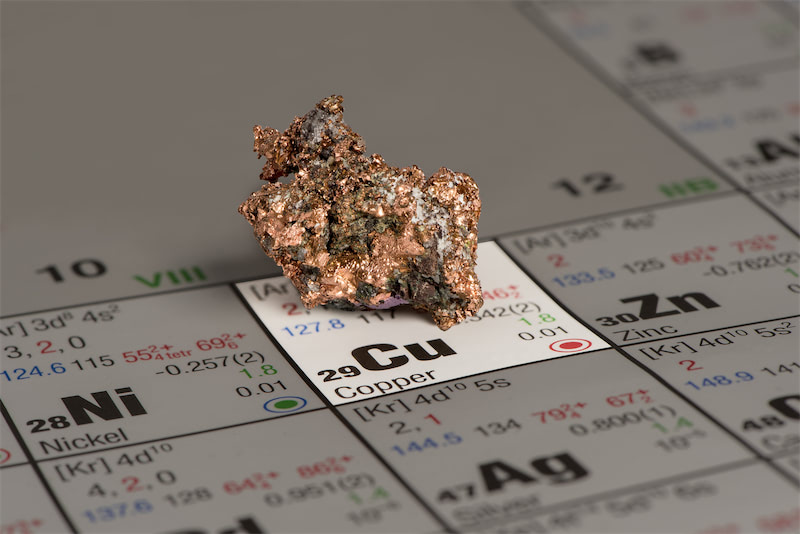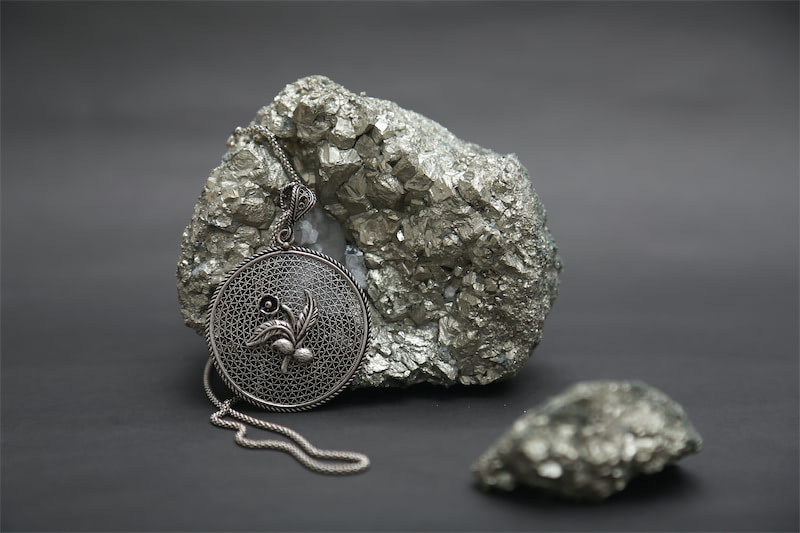by Stuart Burns on APRIL 5, 2016
This is part two of an examination of how the U.K. steel industry has come so close to becoming non-existent.
The rest of Europe is not without it’s problems, but as we will find in the U.K., the European Union is preventing direct government aid to sustain steelmaking. The E.U. has ordered Belgium’s government to recover $239 million (€211 million) in aid given to Duferco, which operates steel mills in Wallonia. It is also investigating whether Italy acted illegally in spending €2 billion to support the Ilva steel mill in Taranto.
Possible Sale?
Tata’s massive plaint in Port Talbot, South Wales, has one last hope, really, and that’s that another India-born entrepreneur called Sanjeev Gupta, head of commodities firm Liberty House that has already bought several downstream operations from Caparo and Tata this year, and has voiced an interest in looking at Port Talbot — on the condition the British government “plays its part.”
Wth the political fallout mounting, Tata would probably now be willing to do what it previously said it wouldn’t, but EU state-0aid rules may well prevent them. Liberty House has proposed to take a leaf out of Nucor’s book and replace Port Talbot’s blast furnaces with electric arc furnaces (EAFs). Tata has to import iron orew and coking coal to run its blast furnaces but Britain exports 60% of the scrap it collects and Liberty believes it could run the Port Talbot hot mills more economically using domestic scrap via the EAF route than imported iron ore and coking coal.
EAFs may be more flexible and from a balance of payments position using domestic scrap has advantages but Britain’s power costs are still far too high and EAF is a power-intensive technology.
Government-Aided Buyout
This is, in part, probably where Liberty is looking for government help. Whether funding the massive capital investment of switching to EAF technology can, in the long run, save Port Talbot really comes down to how seriously the British government believes the U.K. needs a steel industry, at all. To date they have shown scant concern, faced with the high cost of the limited options on the table it may well be that events have overtaken their deliberations and Britain, more or less, exits from the hot end of steelmaking, leaving just some downstream processing and finishing operations for high end aerospace and oil market applications to carry the banner of Made in Britain.
Source: MetalMiner

![The Most-Traded SHFE Tin Contract Opened Lower and Then Traded Stronger, Spot Market Recovers Amid Downtrend [SMM Tin Midday Review]](https://imgqn.smm.cn/usercenter/WWXJU20251217171753.jpg)
![The most-traded SHFE tin contract fluctuated rangebound during the night session, with downstream enterprises mostly following up with small-lot transactions. [SMM Tin Morning Brief]](https://imgqn.smm.cn/usercenter/bYFQn20251217171752.jpg)
